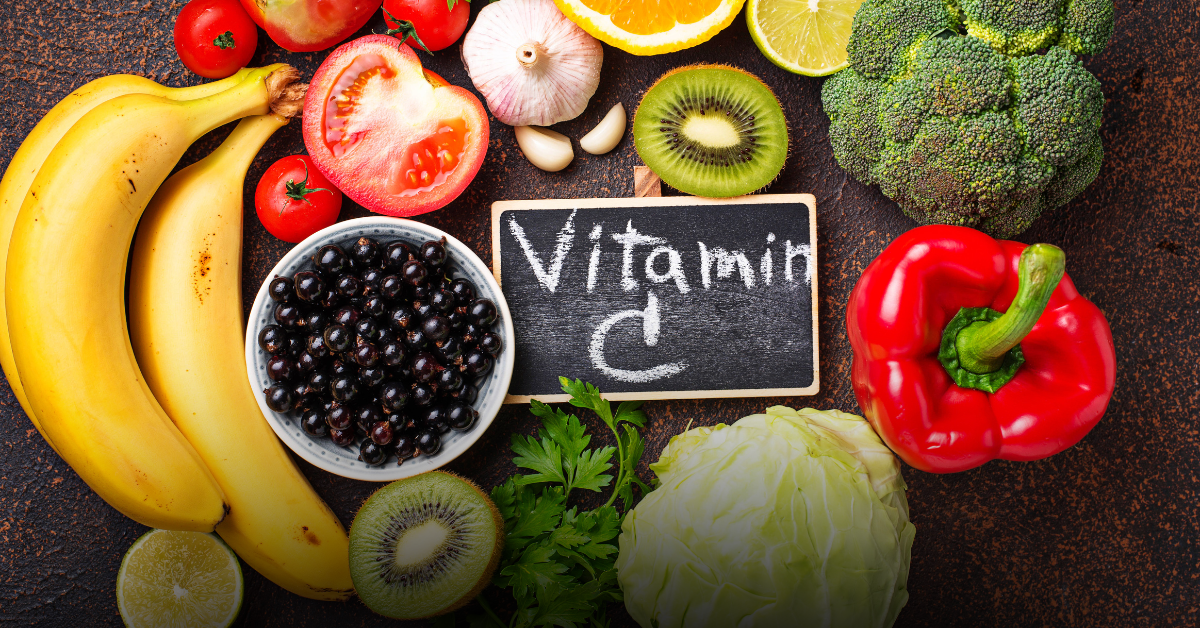What is Vitamin C?
Vitamin C, also known as ascorbic acid, is a water-soluble vitamin essential for human health. It cannot be produced by the body, making it vital to obtain from dietary sources or supplements. This powerful antioxidant plays numerous roles in maintaining the body’s overall health.
Why is Vitamin C Important?
Vitamin C is crucial for the proper functioning of the immune system. It helps protect the body against common illnesses like colds and flu by strengthening the immune response. Additionally, Vitamin C is vital for skin health as it supports collagen production, which keeps the skin firm and youthful.
Antioxidant Properties of Vitamin C
One of the key benefits of Vitamin C is its role as an antioxidant. Antioxidants help neutralize free radicals, which are unstable molecules that can damage cells and contribute to aging and diseases like cancer. By reducing oxidative stress, Vitamin C helps protect the body from these harmful effects.
Role in Collagen Production
Vitamin C is essential for the production of collagen, a protein that provides structure to the skin, bones, muscles, and blood vessels. Without adequate Vitamin C, collagen production slows down, leading to skin issues like wrinkles and slower wound healing. Therefore, ensuring a steady intake of Vitamin C can promote healthier skin and quicker recovery from injuries.
Boosts Iron Absorption
Iron is an important mineral that helps transport oxygen throughout the body. Vitamin C enhances the absorption of non-heme iron, the type of iron found in plant-based foods. By improving iron absorption, Vitamin C helps prevent iron deficiency anemia, especially in vegetarians and vegans who rely on plant-based sources for their iron intake.

Reduces Risk of Chronic Diseases
Research suggests that Vitamin C may reduce the risk of chronic diseases, including heart disease and certain types of cancer. By lowering blood pressure and improving the health of blood vessels, Vitamin C supports cardiovascular health. Its antioxidant properties also contribute to cancer prevention by reducing oxidative damage to cells.
Natural Sources of Vitamin C
Getting enough Vitamin C from natural food sources is easy. Citrus fruits like oranges, lemons, and grapefruits are well-known sources. However, many other fruits and vegetables, such as strawberries, kiwi, bell peppers, and broccoli, are also rich in Vitamin C. Including a variety of these foods in your diet ensures you meet your daily Vitamin C needs.
When to Consider Vitamin C Supplements
While it is best to get Vitamin C from food, supplements can be beneficial in certain situations. People with limited access to fresh fruits and vegetables, smokers, and those with certain medical conditions might benefit from taking Vitamin C supplements. They can provide an extra boost, especially during the cold and flu season.
Recommended Daily Intake
The recommended daily intake of Vitamin C varies by age and gender. For adults, the daily requirement is around 65 to 90 milligrams, with a maximum safe limit of 2,000 milligrams per day. Consuming too much Vitamin C from supplements can cause side effects like stomach upset and diarrhea, so it’s essential to stick to the recommended dosage.
Conclusion: Ensure Adequate Vitamin C Intake
In conclusion, Vitamin C is a vital nutrient that offers numerous health benefits. From boosting the immune system to supporting skin health and reducing the risk of chronic diseases, its importance cannot be overstated. Make sure to include a variety of Vitamin C-rich foods in your diet and consider supplements if necessary, but always consult with a healthcare professional before making significant changes to your supplement regimen.
Follow us on Instagram!
Keywords: Vitamin C benefits, Immune support, Collagen production, Antioxidant properties, Disease prevention, Health transformation, Natural supplements, Boost immunity, Skin health, Energy boost


